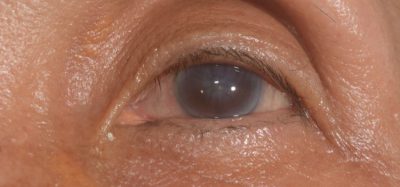ABPI responds to UK points-based immigration system
Posted: 20 February 2020 | Victoria Rees (European Pharmaceutical Review) | No comments yet
The ABPI has outlined how the new immigration system in the UK will affect life science workers and businesses, emphasising the need for regular reviews to remain competitive.


A new points-based immigration system has been proposed by the UK government that will assign points for specific skills, qualifications, salaries or professions.
Set to be effective from 1 January 2021, the Association of the British Pharmaceutical Industry (ABPI) has responded to the new system, outling how it will impact the UK life sciences sector.
According to the association, an immigration system which is fair, transparent and allows access to the best global talent is the best future course for the UK and its 6,000 businesses in the life science sector.
Changing the regulations for how companies can hire and move skilled people is particularly important for the pharmaceutical industry, says the ABPI, to make the country a globally competitive hub for life science and to mitigate skills shortages.
Furthermore, for the sector to remain competitive, it will be essential for regular reviews of the points system to account for the changing nature of medicines research and development.
The government’s new immigration system includes:
- Provisions to allocate top priority to people with the highest skills, including scientists, engineers and academics, treating EU and non-EU citizens the same
- A global talent scheme opened up to EU citizens, which will allow highly skilled scientists and researchers to come to the UK without a job offer
- The ability for applicants to ‘trade’ characteristics such as their specific job offer and qualifications against a salary lower than the minimum salary or the ‘going rate’ in their field
- Student visa routes to be points-based and open to EU citizens
- A regularly reviewed shortage occupations list
- Requirements for new entrants to be set 30 percent lower than the rate for experienced workers in any occupation and to only use the base salary (and not the allowances or pension contributions), to determine whether the salary threshold is met.
Director of Skills & Education Policy at the ABPI Andrew Croydon, said: “Science is a global endeavour and benefits from utilising skills from an international talent pool. Today’s changes should allow our members in the UK to continue to attract the experts they need – wherever they’re from – to fill the highly-skilled roles vital to making the UK a global life sciences hub.
“We will work with the Home Office as they implement this system, making sure the rules reflect the changing nature of our sector and are flexible enough to keep us competitive in the future.”
Related topics
Brexit, Industry Insight, Legal, Recruitment, Regulation & Legislation, Research & Development (R&D)









